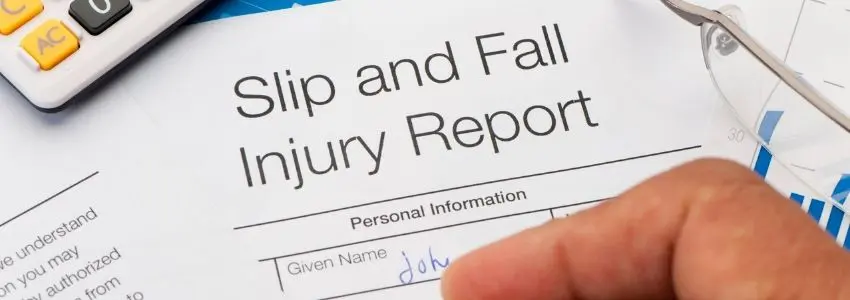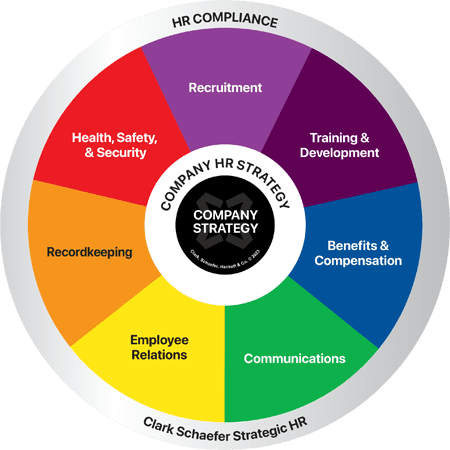What is Equal Pay Day?
Last Updated on March 14, 2023 / Benefits & Compensation

HR Question:
I keep seeing information about “Equal Pay Day” during Women’s History Month. What is Equal Pay Day, and how can I recognize it in my organization?
HR Answer:
Equal Pay Day is a symbolic day that puts into perspective the 23% pay gap between a woman and a man in the same role. Based on the current gap, a woman has to work one full year plus several additional weeks into the following year to make the same amount that her male counterpart made in one year alone.
In 2023, Equal Pay Day is March 14, representing the 2022 US Census Data showing women make 84 cents (all full-time workers) and 77 cents (all full-time, part-time, and seasonal earners) for every dollar paid to non-Hispanic, white men. This translates to an annual wage gap of $9,954. That gap is unfortunately even larger for most women of color, resulting in a gap of $.64 on the dollar for Black women, $.62 for mothers, $.61 for Native Hawaiian and Pacific Islanders, $.54 for Latina women, and $.51 for Native and Indigenous women.
Equal Pay Day was established in 1996 by the National Committee on Pay Equality (NCPE). The day is recognized annually, but not always on the same date due to the pay gap calculation. Even though Equal Pay Day has been around for 27 years, it is more widely recognized today, in part due to the stronger focus on eliminating the gap. Current initiatives, such as pay transparency and salary history ban laws, were introduced by individual cities and state-wide to address the pay gap.
Where are Equal Pay Laws in Place?
On January 1, 2023, three new states were added to the list of city and state governments that passed laws to protect applicants by banning employers from asking about prior salary history and/or requiring that companies list salary ranges in their job advertisements. Currently, the following governments have such laws:
States:
- California
- Colorado
- Connecticut
- Maryland
- Nevada
- Rhode Island
- Washington
Cities:
- Cincinnati, OH
- Ithaca, NY
- Jersey City, NJ
- New York City, NY
- Toledo, OH
- Westchester County, NY
According to the Society for Human Resource Management (SHRM), pay transparency is one of the top issues people managers will face in 2023. According to Monster’s 2022 poll, 98% of workers believe salaries should be disclosed, with another 53% of applicants refusing to apply for a position if the salary is not disclosed.
How Can I Support the Movement?
So how can employers address the gender gap and honor Equal Pay Day in their organizations? Some recommended ways include:
- Performing an Equal Pay Audit to review job classifications, salaries, and genders and take corrective actions if inequity is found.
- Reviewing compensation policies to remove gender bias.
- Removing managerial discretion on pay and sticking to a salary band of positions for new hires and for annual increases.
- Removing prior salary history from applications and interviews.
- Establishing fair scheduling practices to allow for caregiving.
For even more ways to contribute to awareness and celebrate Equal Pay Day you can visit equalpaytoday.org.
Thank you to Paula Alexander, MA, PHR, SHRM-CP, for contributing to this HR Question of the Week!
Performing an equal pay audit can be a complex, but necessary, step toward equal pay for all. Clark Schaefer Strategic HR (CSSHR) is ready to assist you with any of your needs around Benefits and Compensation. We offer assistance with everything from job descriptions to policy development to help address your complex issues that impact employee compensation or benefits. Please visit our Benefits and Compensation page for more information on how we can assist you.













